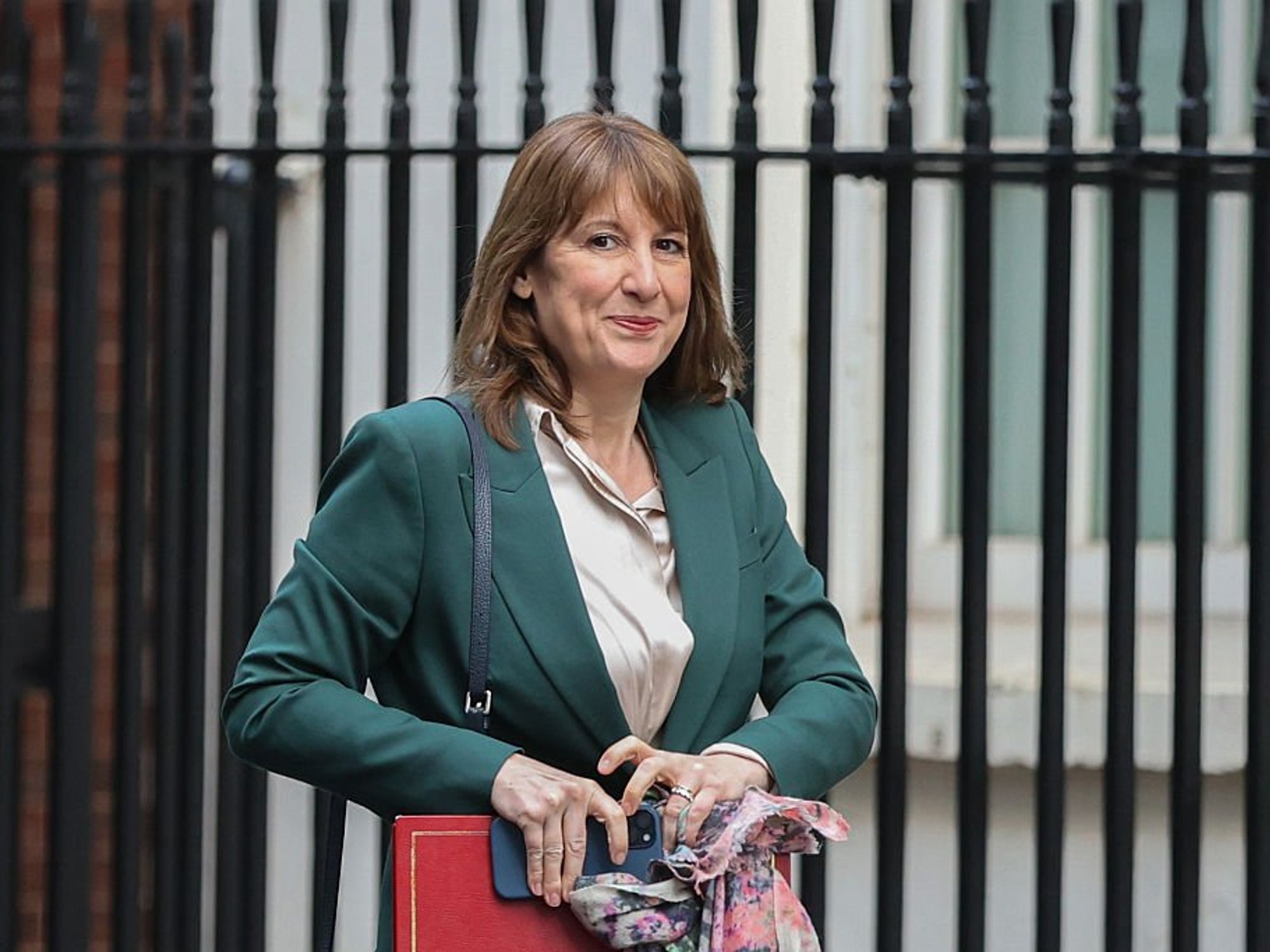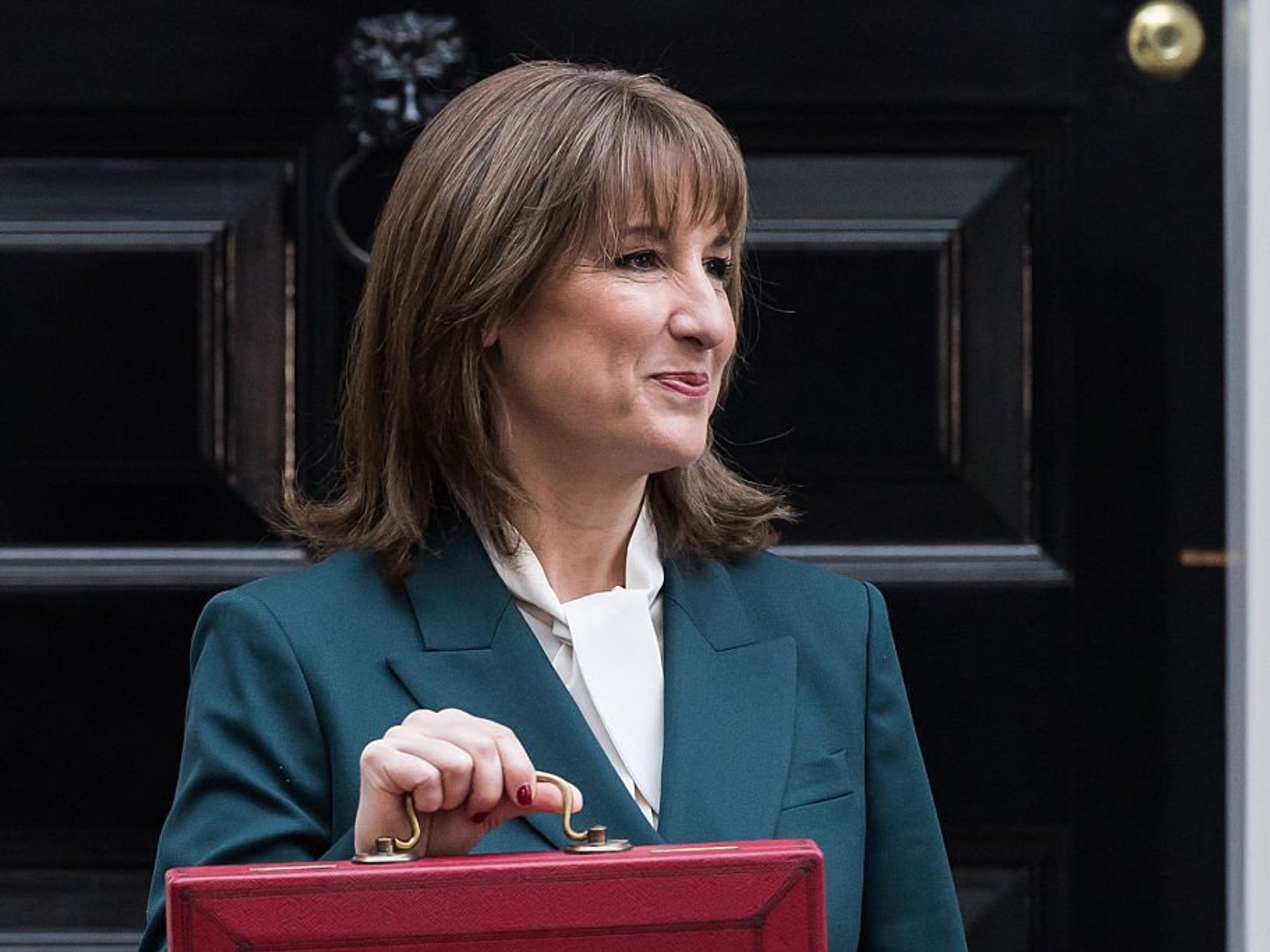Tax increases will fail to fix public finances, Goldman Sachs warns

Paul Johnson says there is a fifty per cent chance there will be further tax rises in the Autumn |
GB News

Wall Street bank says higher levies would fail to repair public finances
Don't Miss
Most Read
Latest
A leading Wall Street institution has cautioned the Chancellor against pursuing significant tax rises in the Autumn Budget.
Goldman Sachs argues that raising around £20billion in new levies would fail to strengthen Britain’s fiscal position.
Property owners, betting companies and pension savings are expected to be among the targets in the forthcoming announcement.
The bank’s economist Sven Jari Stehn said Britain had achieved "limited historical success" when attempting to repair the public finances through higher taxation.
The warning comes as markets prepare to scrutinise the government’s fiscal approach well beyond the Budget announcement.
Goldman Sachs said attempts to boost Treasury revenues with higher taxes had "historically yielded disappointing results".
Mr Stehn said: "Spending cuts remain politically difficult to deliver. But the historical record shows that growth tends to hold up better following spending cuts than revenue increases."
He added: "Research suggests that spending cuts can have positive supply-side effects when focused on improving incentives to work, for example via welfare reform."
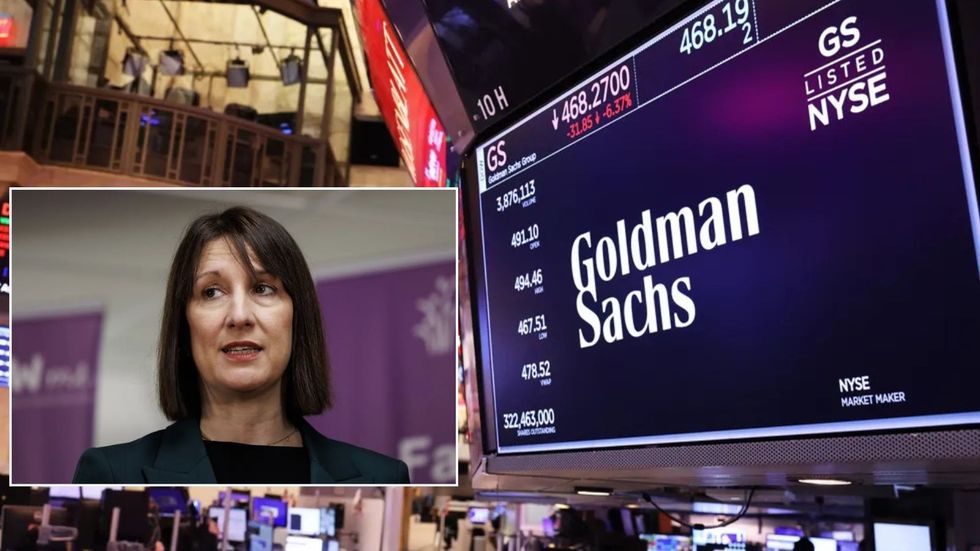
Goldman Sachs warned that large new tax rises could perpetuate higher borrowing costs by keeping interest rates elevated.
|GETTY
The bank pointed to Britain’s rising number of long-term sickness and disability benefit claimants as an opportunity to expand labour supply while reducing expenditure.
Goldman Sachs warned that large new tax rises could perpetuate higher borrowing costs by keeping interest rates elevated.
That in turn would increase debt servicing costs and risk creating a damaging cycle where efforts to raise revenue only add to government spending.
Mr Stehn said: "If tax rate increases are necessary, small increases in tax rates that affect a broad tax base — for example on income or property — tend to deliver a more reliable increase in tax receipts than large rate increases on a small revenue base, such as non-doms or gambling."
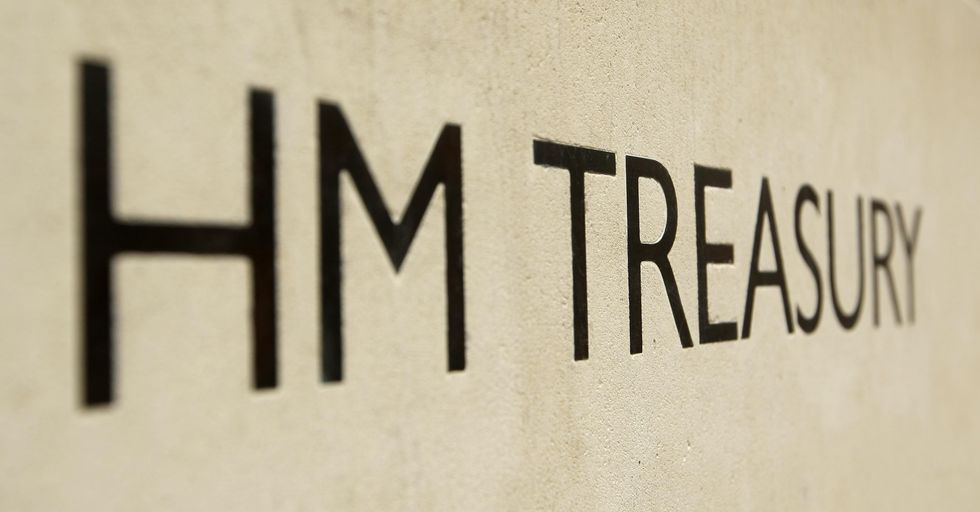
The Treasury Committee are being urged to review their fiscal policy
| PASuch advice would require Labour to break election pledges to freeze income tax, VAT and employees’ national insurance.
Together, those three taxes generate more than two-thirds of government revenues.
A reversal on them would represent a major political risk for Rachel Reeves as she prepares her November 26 Budget.
The bank said international comparisons supported its view that spending restraint is more effective than revenue increases.
It highlighted examples from the eurozone where fiscal consolidations driven by spending cuts achieved stronger growth outcomes.
By contrast, consolidations focused on higher taxation were more likely to result in weaker growth.
Goldman Sachs also noted that Britain’s tax burden is already on course to reach its highest sustained level since the Second World War.
The Office for Budget Responsibility projects the tax take will rise above 37 per cent of GDP by the end of the decade.
Mr Stehn said: "The scope for further large-scale increases is therefore limited without damaging consequences."
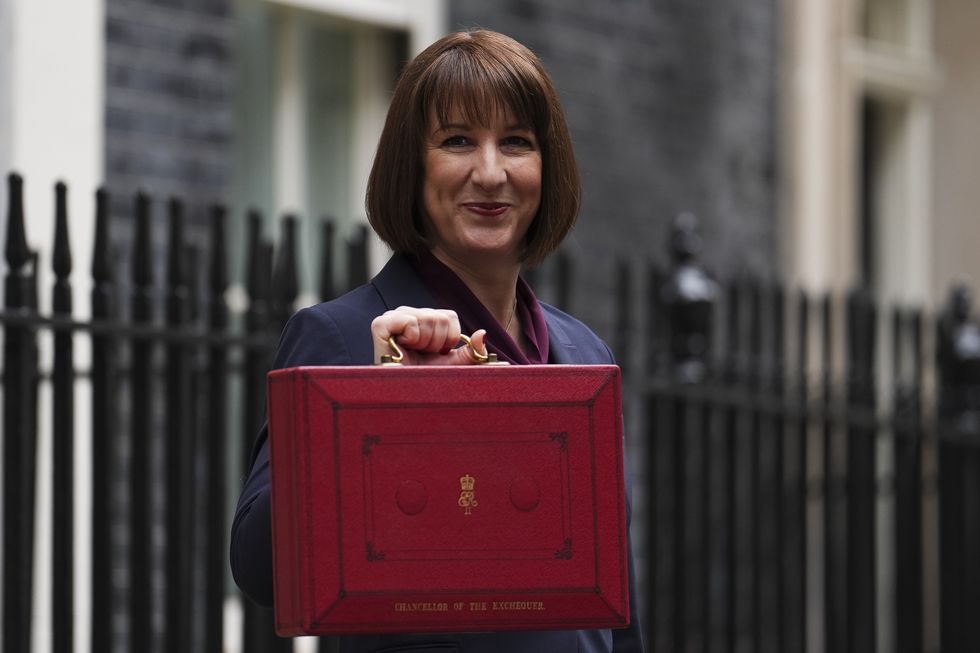
The November budget has already been branded 'the Nightmare before Christmas'.
| PAThe analysis added that investor sentiment would remain sensitive to signals of Britain’s fiscal trajectory after the Budget.
Bond markets in particular are expected to closely monitor the size and scale of any new revenue measures.
Goldman Sachs said recent volatility in gilt markets illustrated how quickly investor confidence could be tested.
The bank concluded that fiscal choices made in the Budget would have consequences for growth, debt and borrowing costs for years ahead.
More From GB News








